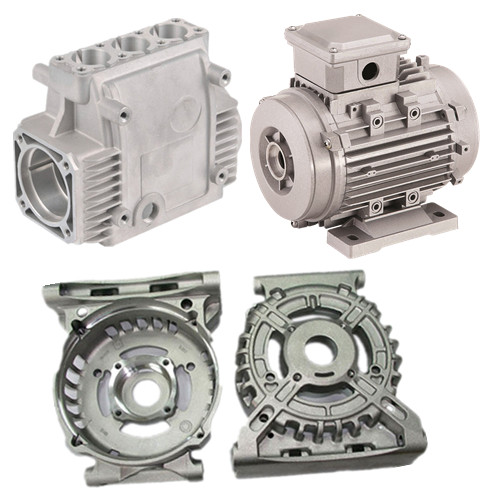Mobile:+86-311-808-126-83
Email:info@ydcastings.com
Exploring the Benefits and Applications of Super Duplex Casting in Modern Industries
Understanding Super Duplex Casting A Comprehensive Overview
Super duplex stainless steel is an advanced alloy that combines the properties of both austenitic and ferritic stainless steels, resulting in a material with exceptional strength, corrosion resistance, and ease of fabrication. This innovative material has become increasingly popular in various industries, especially in oil and gas, marine, and chemical processing sectors, where harsh environments commonly exist.
The Composition and Properties of Super Duplex Stainless Steel
Super duplex stainless steels typically contain high levels of chromium, molybdenum, and nitrogen, which contribute to their superior mechanical and corrosion-resistant properties. For example, a common grade of super duplex stainless steel, such as UNS S32750, features around 25% chromium, 7% nickel, and 4% molybdenum. This unique composition not only enhances the steel's resistance to pitting and crevice corrosion but also improves its strength, making it ideal for high-pressure applications.
One of the defining characteristics of super duplex stainless steel is its unique microstructure. The combination of austenitic and ferritic phases results in a microstructure that provides enhanced mechanical properties. Typically, a balanced ratio of these two phases is maintained during production to achieve optimal performance, leading to good ductility, toughness, and fatigue resistance.
Casting Process of Super Duplex Stainless Steel
The casting process for super duplex stainless steel is critical in achieving the desired properties. The process usually involves melting the raw materials in an electric arc furnace, followed by casting the molten alloy into molds. There are various casting methods, including sand casting, investment casting, and centrifugal casting, each offering distinct advantages depending on the application.
super duplex casting

Investment casting, also known as lost-wax casting, is particularly favored for its precision and ability to produce complex shapes with excellent surface finish. This method results in minimal machining requirements, thereby saving time and resources. Meanwhile, centrifugal casting is often used for large components, such as pipes and fittings, due to its efficiency in producing dense and uniform sections.
Applications of Super Duplex Casting
The remarkable properties of super duplex stainless steel make it suitable for numerous applications. In the oil and gas industry, super duplex components are commonly found in subsea pipes, valves, and pressure vessels that demand resistance to aggressive environments and high pressures. The marine industry also relies on super duplex stainless steel for shipbuilding and offshore platforms, where exposure to saltwater can lead to rapid corrosion.
Moreover, the chemical processing industry benefits from super duplex castings due to their ability to withstand corrosive chemicals and high temperatures. Equipment such as heat exchangers, reactors, and storage tanks often utilize this material for enhanced reliability and longevity.
Conclusion
In summary, super duplex casting represents a significant advancement in material science, offering an impressive combination of strength, corrosion resistance, and versatility. As industries continue to seek materials that can withstand severe environments while maintaining structural integrity, super duplex stainless steel casting will undoubtedly play a vital role in future engineering solutions. As manufacturers refine their techniques and expand their applications, the relevance of super duplex will only increase, ensuring its place at the forefront of modern metallurgy.
-
Why Should You Invest in Superior Pump Castings for Your Equipment?NewsJun.09,2025
-
Unlock Performance Potential with Stainless Impellers and Aluminum End CapsNewsJun.09,2025
-
Revolutionize Your Machinery with Superior Cast Iron and Aluminum ComponentsNewsJun.09,2025
-
Revolutionize Fluid Dynamics with Premium Pump ComponentsNewsJun.09,2025
-
Optimizing Industrial Systems with Essential Valve ComponentsNewsJun.09,2025
-
Elevate Grid Efficiency with High-Precision Power CastingsNewsJun.09,2025











